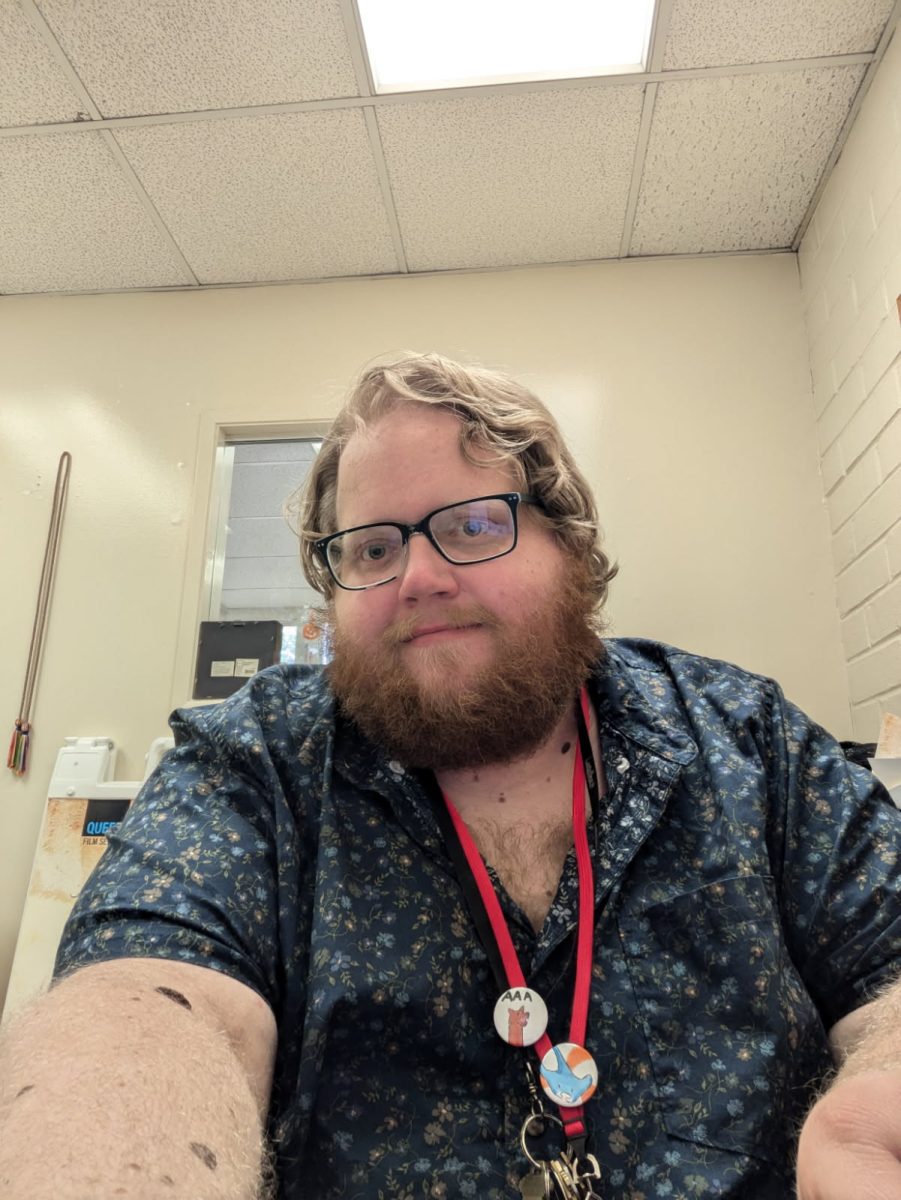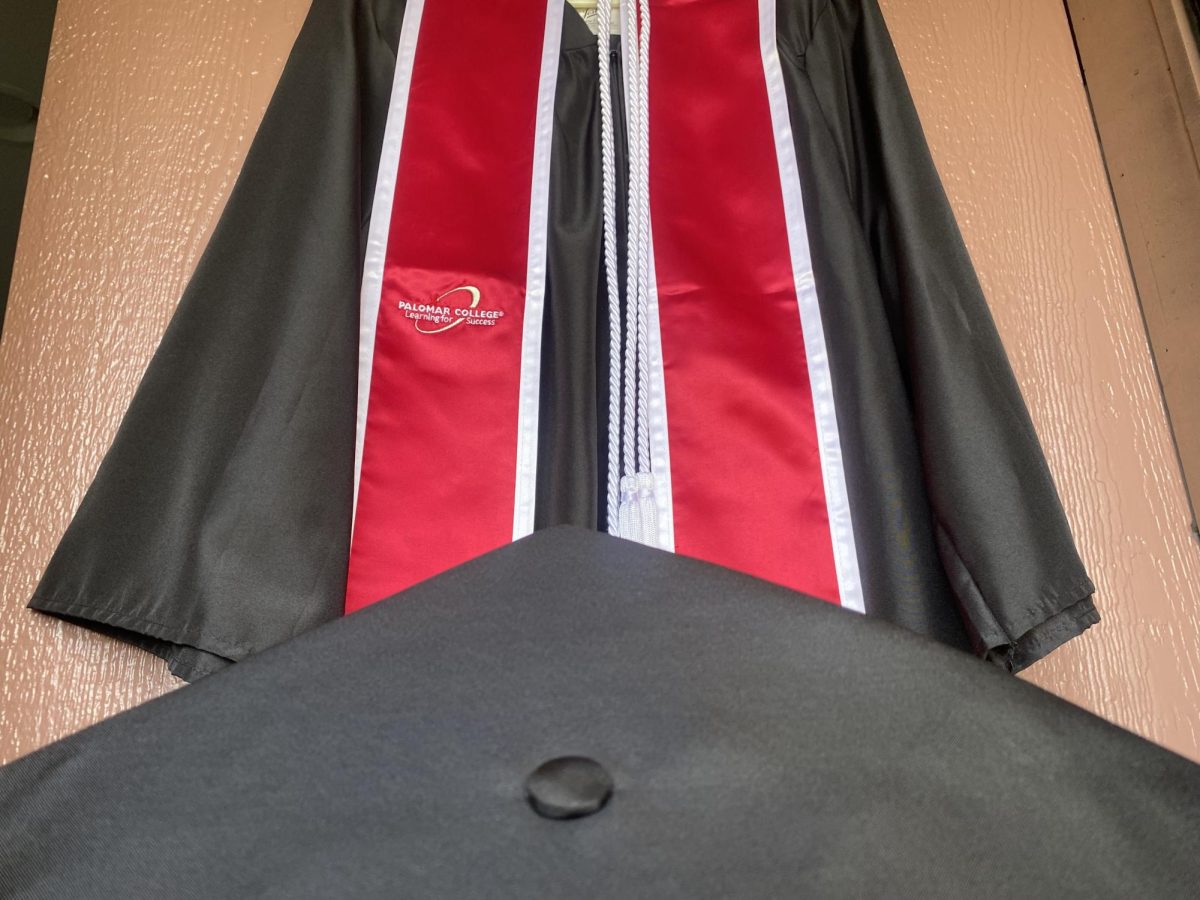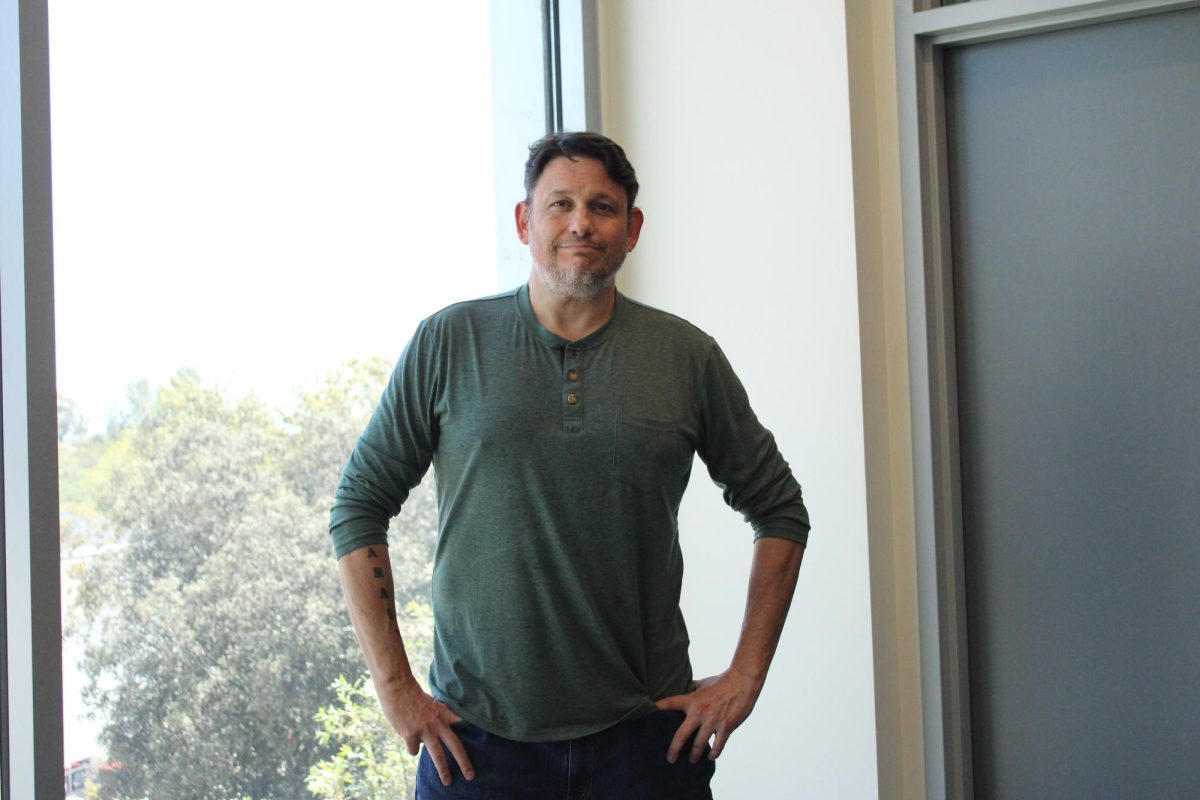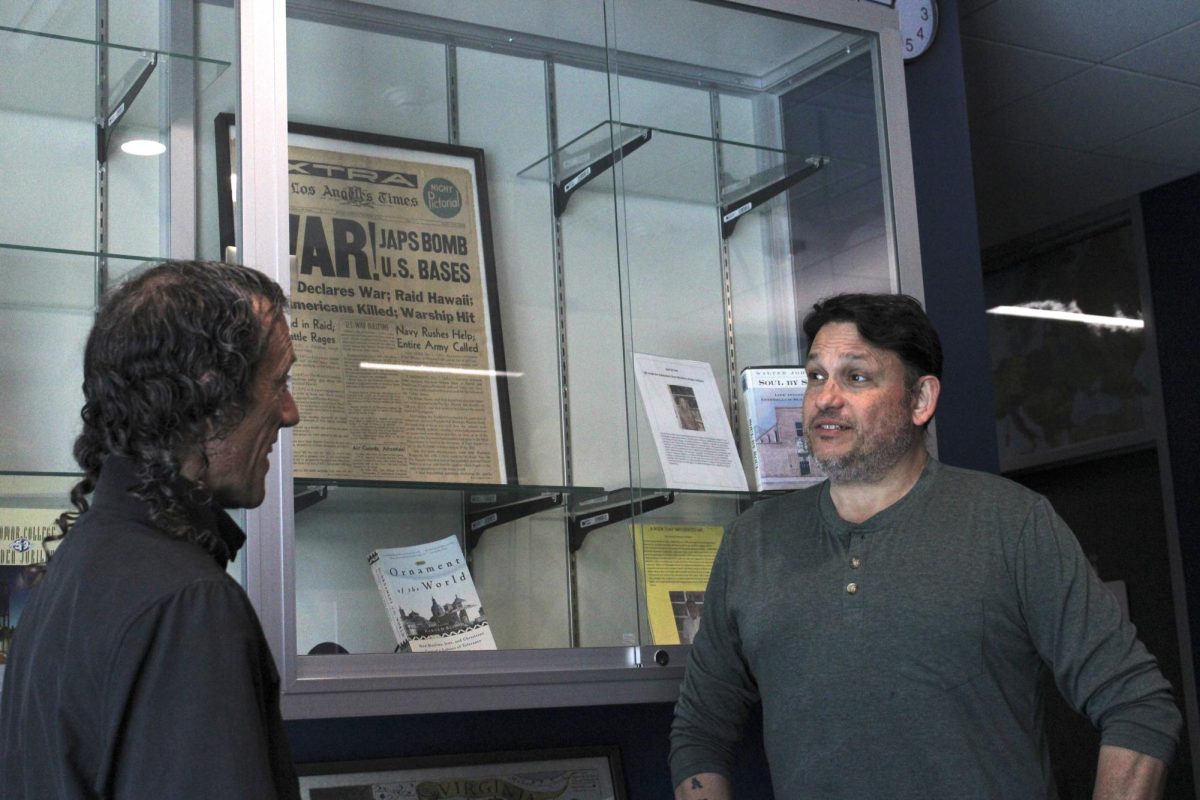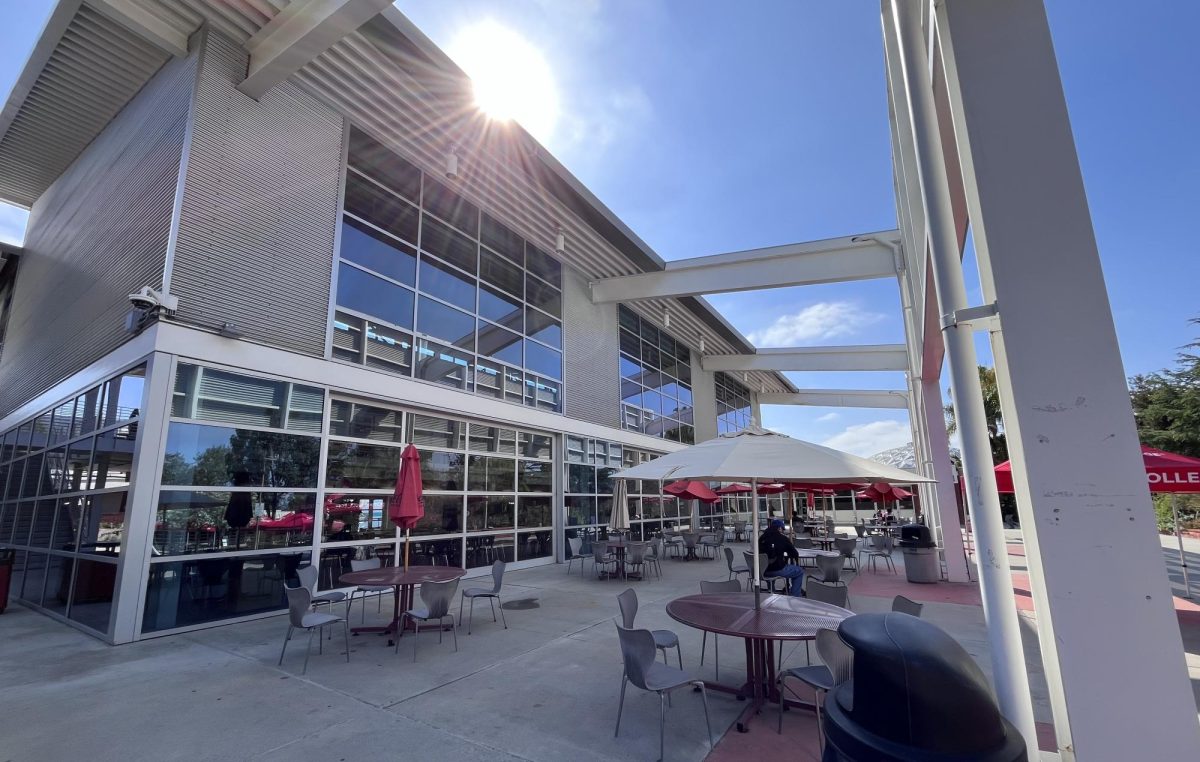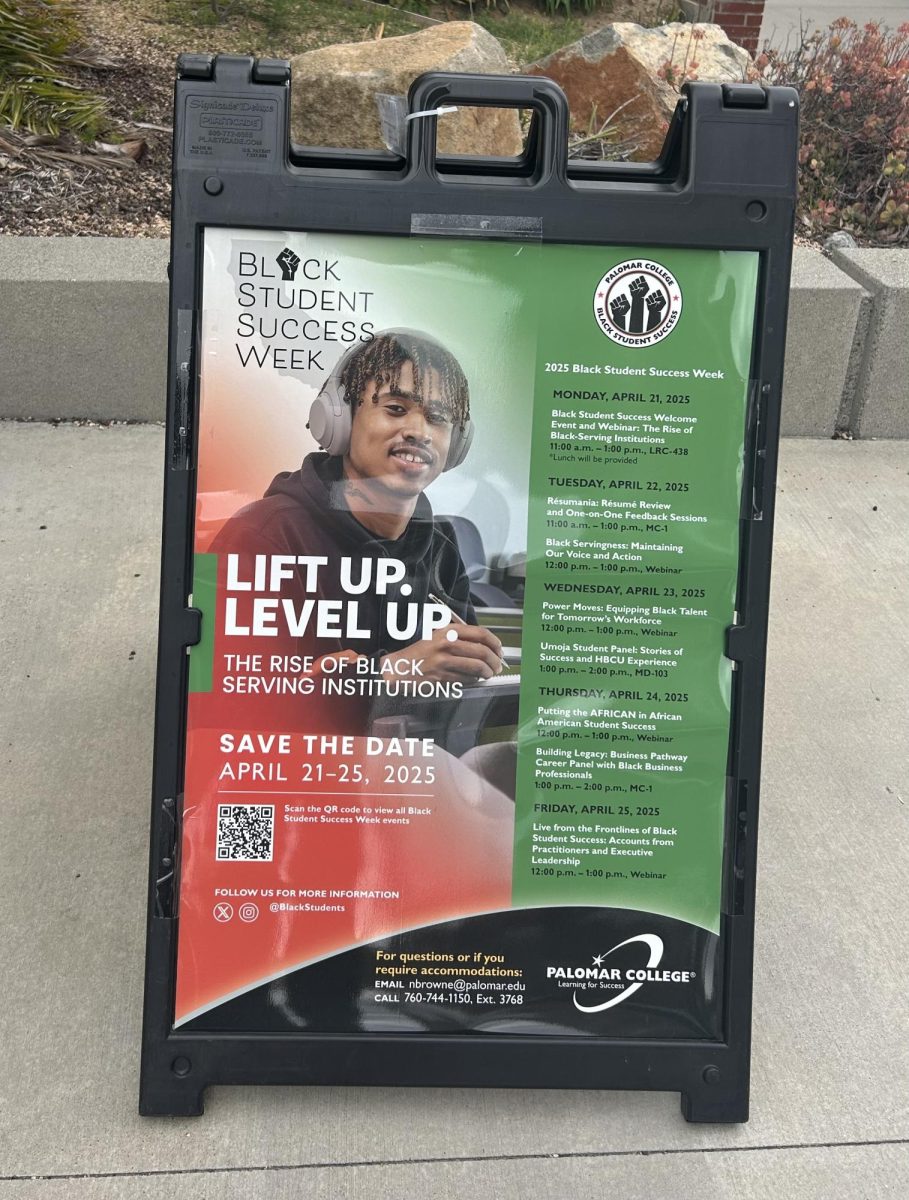The Palomar Health Center, which includes Behavioral Health Counseling Services is a valuable resource at Palomar College
The backdrop of the pandemic cannot be overlooked. 6.8 million people have died from COVID-19 to date according to the World Health Organization (WHO).
The Economist magazine produced a “machine learning model” that points to an “excess death” (reported deaths minus expected deaths) that is 2-4 times higher than documented COVID deaths. And while many people are able to weather the infection, the probability of getting long COVID increases with each reinfection.
COVID harms the vascular and immune systems, making getting other diseases more likely. However, vaccines and treatments have reduced the incidence of disability and death.
Due in part to the isolation of lockdowns and distance learning along with the resulting gaps in education are increased emotional and behavioral issues. A 2022 report by the WHO states that depression and anxiety have increased by 25 percent since the onset of the pandemic with women and younger people being more vulnerable.
Additionally, “suicide is the second leading cause of death for children, adolescents, and young adults, ages 10-24 years,” according to the American Academy of Pediatrics. While suicide has increased 3 times from 2007 to 2017, it is 4 times if the years to 2022 are included. So returning to school in person is a priority.
The Palomar College Recovery Plan, dated Oct. 15, 2021, provided a blueprint for returning to in-person instruction. It laid out the now common practice of implementing vaccines, testing, masks, hand washing, and distancing.
It also mentions utilizing ventilation and air filtration which improves the learning environment even without a pandemic—measuring the rate of infection in accordance with state and county guidelines determined whether in-person learning was safe.
Patrick J. Saviano, PsyD, the interim director of Health Services at Palomar College said many departments at the college “linking with the California Department of Public Health, the San Diego County health department…(determined) necessary practices to keep folks safe and what do we need to implement legally and also ethically to make sure our students, staff, and faculty all felt safe during an unprecedented time.”
Dr. Saviano lists the vaccine and facial covering requirements as examples and also the “Cleared 4” app implemented as a result of covid. He said, “It was really a multidisciplinary effort throughout the college to figure that out and health services were involved because it was a healthcare crisis for consultation and leadership in terms of helping to inform those decisions.”
But simply returning to class cannot solve mental health issues.
Palomar’s Behavioral Health Counseling Services (BHCS) provides counseling services for concerns from stress and anxiety, to substance abuse, to sexual assault.
In-person counseling is available or students can utilize telehealth appointments and online screening tools in order to reduce exposure risk. Within the number of students Palomar College serves, upwards of 20,000 according to its website, a subset will require these services.
There is no additional cost for students who have paid the health fee. After a clinical assessment, a number of counseling sessions will be recommended. If a student requires “specialized or longer-term services,” according to their website BHCS “can assist in making referrals to off-campus professionals.”




